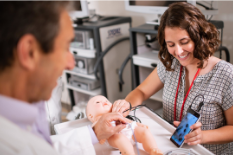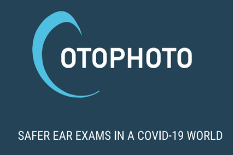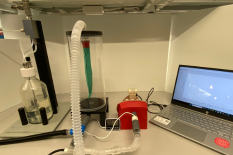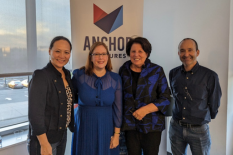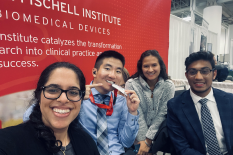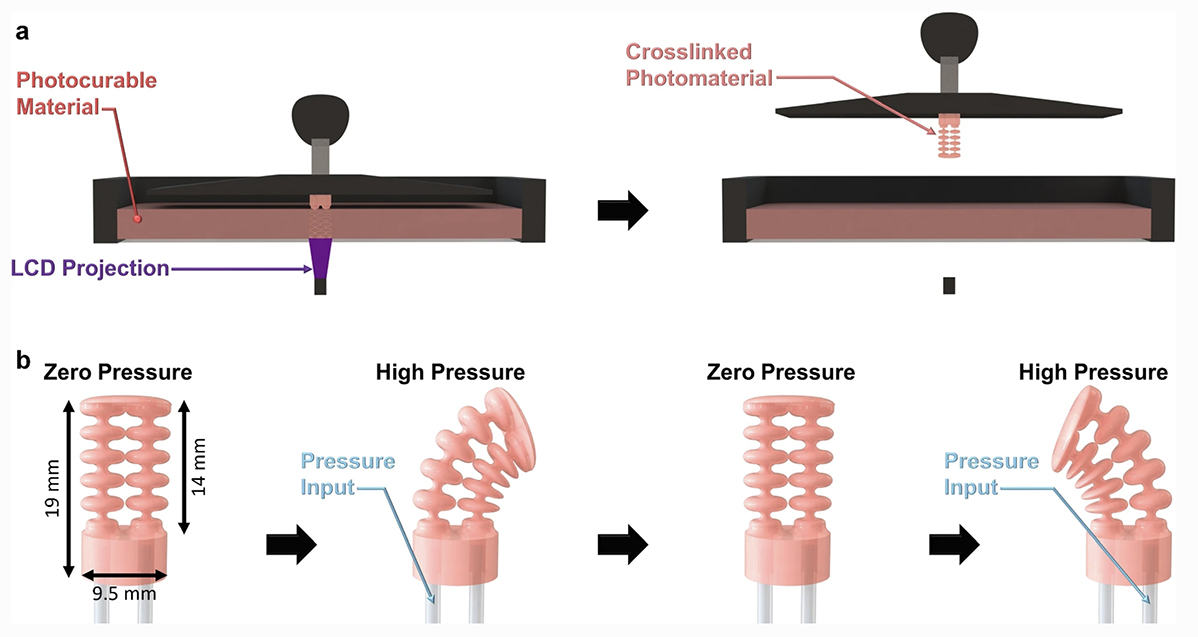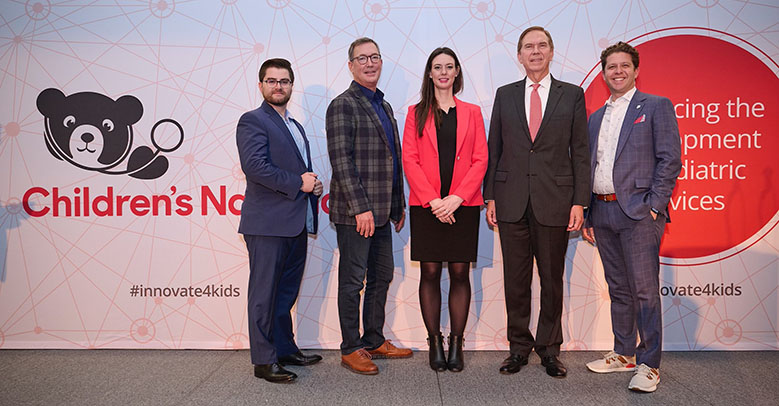News Story
FDA Budget Request Recognizes Two NCC-PDI Devices
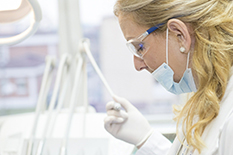
The President’s Fiscal Year Budget request for the U.S. Food and Drug Administration (FDA) included funding support for the Pediatric Device Consortia (PDC) Grants Program. The budget request specifically recognized two medical device successes stemming from a PDC co-led by the University of Maryland and Children's National Health System.
The goal of the FDA’s PDC Grants Program is to facilitate the development, production, and distribution of pediatric medical devices through funding of nonprofit consortia.
In 2013, an FDA P50 grant established the National Capital Consortium for Pediatric Device Innovation (NCC-PDI), jointly led by UMD and Childen's National. UMD Robert E. Fischell Institute for Biomedical Devices inaugural director and Fischell Department of Bioengineering Professor William E. Bentley is a co-principal investigator of NCC-PDI.
"Many of the health challenges that impact pediatric populations require unique resources, treatment, and expertise," says Bentley. “NCC-PDI is a vital partnership in that it fosters innovation and knowledge-sharing between inventors, researchers, clinicians, and policymakers, all for the betterment of children’s health. The Fischell Institute is proud to support NCC-PDI’s mission by utilizing our resources, facilities, and expertise to help usher pediatric medical devices to market from the earliest stages of ideation through navigating the regulatory process.”
Among NCC-PDI’s many resources are regulatory and business consulting expertise, prototyping capabilities, and scientific trials design experience. The consortium holds multiple medical device pitch events in the D.C. metropolitan area every year – notably, the “Make Your Medical Device for Kids Pitch” Competition. Competition winners are awarded up to $50,000 in grant funding and access to the consortium’s accelerator program, led by MedTech Innovator.
Since the PDC Grant Program’s inception in 2009, more than $43 million has been awarded to the consortia. Collectively, the consortia have supported the development of more than 1,000 potential pediatric devices. 25 new devices are now available for use in pediatric patients – seven of which were yielded by NCC-PDI.
The NCC-PDI companies also garnered more than $180 million in investment.
NCC-PDI’s successful involvement with two of these products was mentioned in the President’s Fiscal Year Budget request – namely, BabySteps Platform Software and PolyVascular.
BabySteps is a platform device which incorporates which incorporates 3D scanning, computer modeling, and 3D printing to improve assessment and treatment of the clubfoot deformity. “It’s a device coupled with a therapeutic algorithm to treat infants with clubfoot,” explains Lex Schultheis, M.D., Fischell Institute Research Professor. “It’s engineered to be more specific and quantitative, and eliminate a lot of the guess work and improve predictability and outcome. As patients grow, they will be able to walk normally.”
PolyVascular is a polymeric transcatheter synthetic valve that incorporates thinner yet durable polymeric leaflets allowing for percutaneous placement of smaller diameter valves in much younger children than currently available valves.
The consortia collectively have also raised more than $300 million of additional non-FDA funds to support pediatric device development research.
Published March 11, 2020
